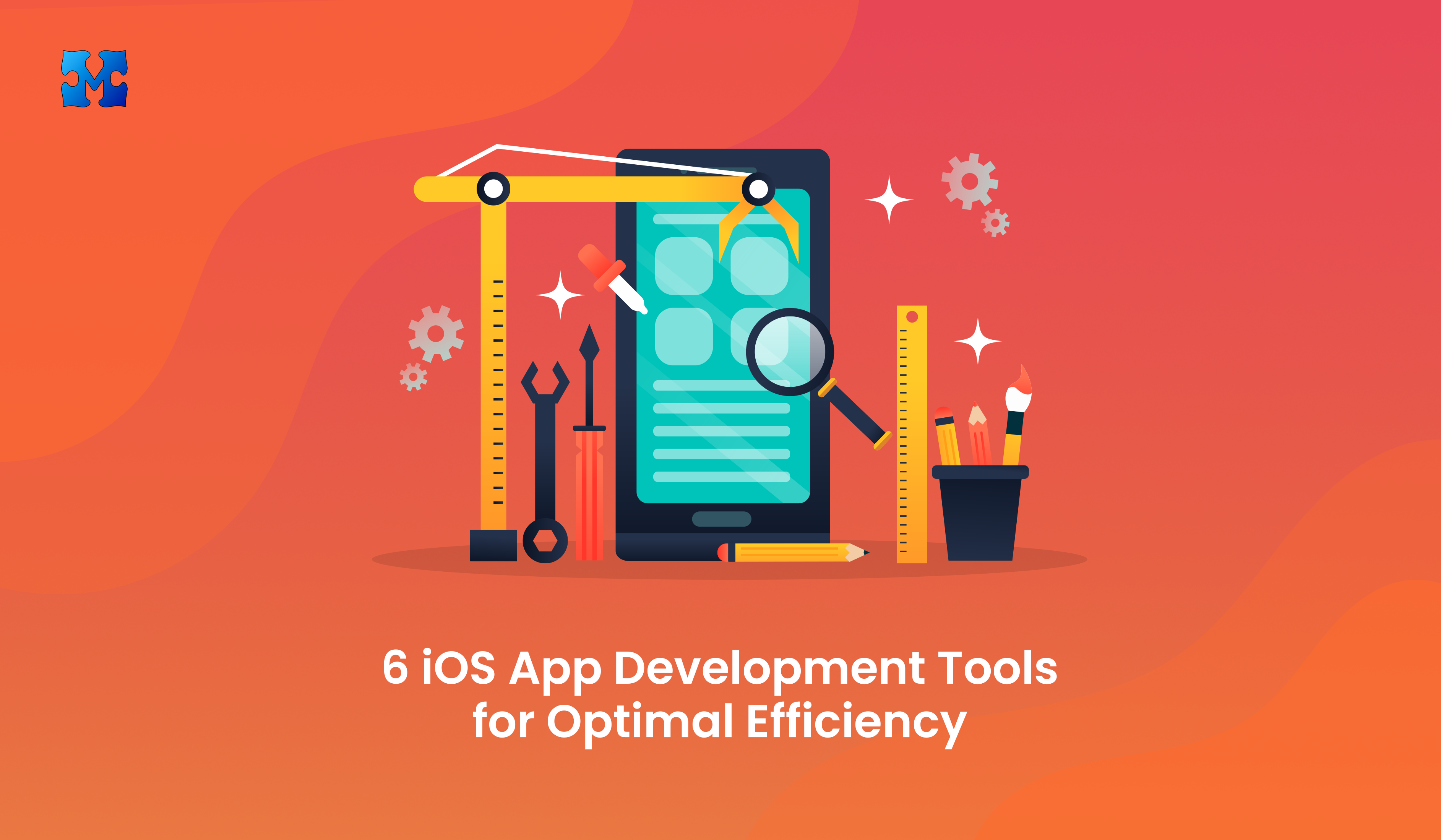Security is undoubtedly the foremost priority for iPhone users, whether they’re conducting online transactions or accessing social media platforms. iOS stands out as the most resilient operating system, offering unparalleled protection against data breaches. Millions of Apple device owners entrust their sensitive information to its secure interface for sharing and storage.
The formidable security architecture of iOS devices is widely acknowledged, with the App Store maintaining strict guidelines for mobile app developers. Despite iOS holding a global market share of 27.95% as of 2024, lower than that of Android, its popularity remains unwavering among users.
In 2021, the App Store amassed over $85 billion in revenue across various lucrative categories including gaming, education, business, lifestyle, and entertainment. iOS applications attract users with their emphasis on security and intuitive interfaces, fostering continuous engagement. Every reputable iOS app development firm employs a suite of design and development tools to craft high-quality applications.
This article will delve into iOS App Development tools and technologies utilized in the design, development, testing, and documentation phases of iPhone app creation.
XCode
Developed by Apple Inc. itself, Xcode serves as an integrated development environment (IDE) tailored for creating applications across a range of Apple devices including iPhones, iPads, Apple TV, wearables, and MacBooks. It functions as a comprehensive suite of tools facilitating the creation, debugging, and testing of applications, with additional features for managing information and various resources.
Highlighted Features:
- The Source Editor and Asset Catalog collaborate to streamline app development, offering features such as code folding, display warnings, image grouping, and message bubble setup for enhanced manageability.
- Open Quickly stands out as a vital tool within the Xcode IDE, enabling instant file access and facilitating seamless introduction of potential app changes. This functionality proves particularly valuable for keyword-based workflows.
- Renowned experts in iOS app development favor Xcode for its ability to detect coding errors and spelling mistakes through Live Issues, thereby reducing the time required for app development and delivery.
Swift
Unlike the Xcode IDE, Swift is a programming language heavily influenced by Python and characterized by its open-source nature. Developed by Apple, Swift is specifically designed for crafting top-tier native applications for iPhones and Apple laptops. Its continually evolving framework empowers iOS developers to innovate, offering features such as binary compatibility, protocol extensions, secure variable initialization, and dynamic libraries.
Highlighted Features:
- Swift is bolstered by LLVM technology and includes its own standard library, facilitating efficient coding for iOS app developers.
- This programming language provides a modernized suite of widgets with easily customizable and maintainable APIs, ideal for Xcode application development.
- Native error handling simplifies the process of identifying and addressing code errors during runtime.
Objective-C
If you’re considering hiring iOS application developers proficient in Objective-C, you’re likely steering your project in the right direction. Objective-C is among the core programming languages renowned for enhancing the security and efficiency of apps. Additionally, its support for data hiding and encapsulation makes it a favored choice for iOS app development companies working on iPhone projects.
Highlighted Features:
- Objective-C offers seamless integration with C++, providing access to C++ libraries, which greatly enhances iOS application development services.
- It serves as an effective tool for managing legacy codebases, streamlining the maintenance and updates of iPhone apps.
- The interoperability of Objective-C with Swift is pivotal for successful projects. This facilitates careful migration of code for interoperability and customization, ensuring project success.
AlamoFire
AlamoFire stands as an open-source networking library tailored for Swift-based app development. Renowned for its user-friendly and intuitive API, this tool effectively simplifies the complexities of network communication throughout projects. Let’s delve into its standout features that enhance the performance of iPhone applications.
Highlighted Features:
- Security is a paramount focus of AlamoFire, with support for SSL certificate pinning ensuring the secure transmission of data alongside seamless access.
- Streamlined JSON handling and error management alleviate complexities in the app development process, swiftly addressing network-related issues.
- Designed to support asynchronous operations, AlamoFire effectively mitigates UI thread blockages, enhancing the fluidity of iPhone app experiences.
AppCode
AppCode stands out as a popular iOS app development tool not created by Apple Inc. but introduced to the IT sphere by JetBrains. This integrated development environment is revered for its simplified code analysis and refactoring capabilities. Let’s explore why iPhone application development firms prefer utilizing this iOS tool.
Highlighted Features:
- AppCode excels in smart code navigation, offering context-based code completion and quick documentation lookup, which significantly enhance the speed and efficiency of iOS app development.
- Its robust version control integration supports systems like SVN and Mercurial, providing a structured approach to code version management.
- The inclusion of a smart plugin ecosystem, particularly geared towards testing and debugging frameworks, contributes to the effectiveness of code implementation.
Firebase
Firebase emerges as a widely embraced Backend as a Service (BaaS) platform, celebrated for its expansive array of tools and widgets catering to mobile app development. iPhone application development agencies favor Firebase for its ability to expedite the creation of native iOS apps within tight timelines. Since its inception in 2014, Firebase has risen to prominence as one of the premier tools for iOS applications and software.
Highlighted Features:
- The real-time database functionality of Firebase stands as its flagship feature, streamlining data storage and synchronization within apps.
- Notably, Firebase facilitates efficient mobile app maintenance through its swift crash reporting feature, enabling instant bug resolution to uphold app performance.
- With a dedicated SDK for cloud storage, Firebase mitigates performance issues during content restoration, encompassing text, images, and videos with ease.
How to Choose the Best iOS App Development Tools for Your Application?
Selecting the optimal iOS app development tools is crucial for transforming your project into a fully functional and successful application. Dedicated design platforms such as Figma and InVision play a pivotal role in streamlining the prototyping and wireframing process.
Mosaic Echo is your premier partner for iOS app development services in Canada. Let us bring your app ideas to life with our innovative strategies and meticulous attention to detail. Contact us today to start turning your vision into reality!

